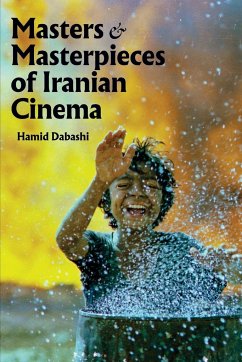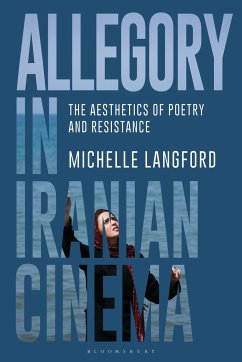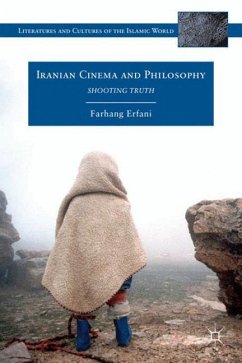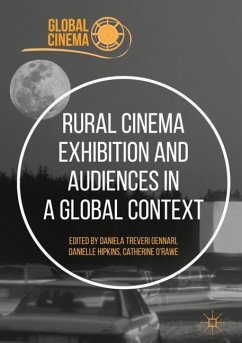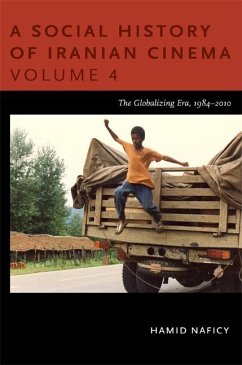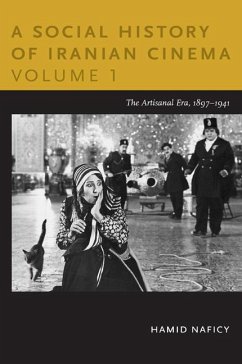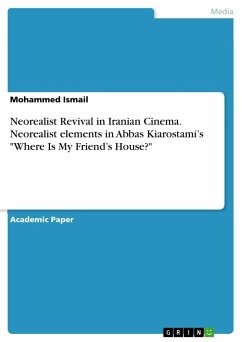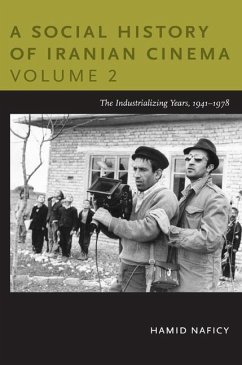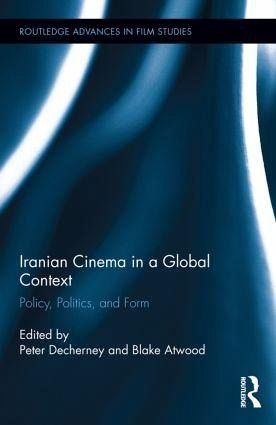
Iranian Cinema in a Global Context
Policy, Politics, and Form
Herausgeber: Decherney, Peter; Atwood, Blake
Versandkostenfrei!
Versandfertig in 1-2 Wochen
194,99 €
inkl. MwSt.

PAYBACK Punkte
97 °P sammeln!
This volume presents a new definition of the field of Iranian film studies, one that engages global media flows, transmedia interaction, and a heterogeneous Iranian national cinema.



